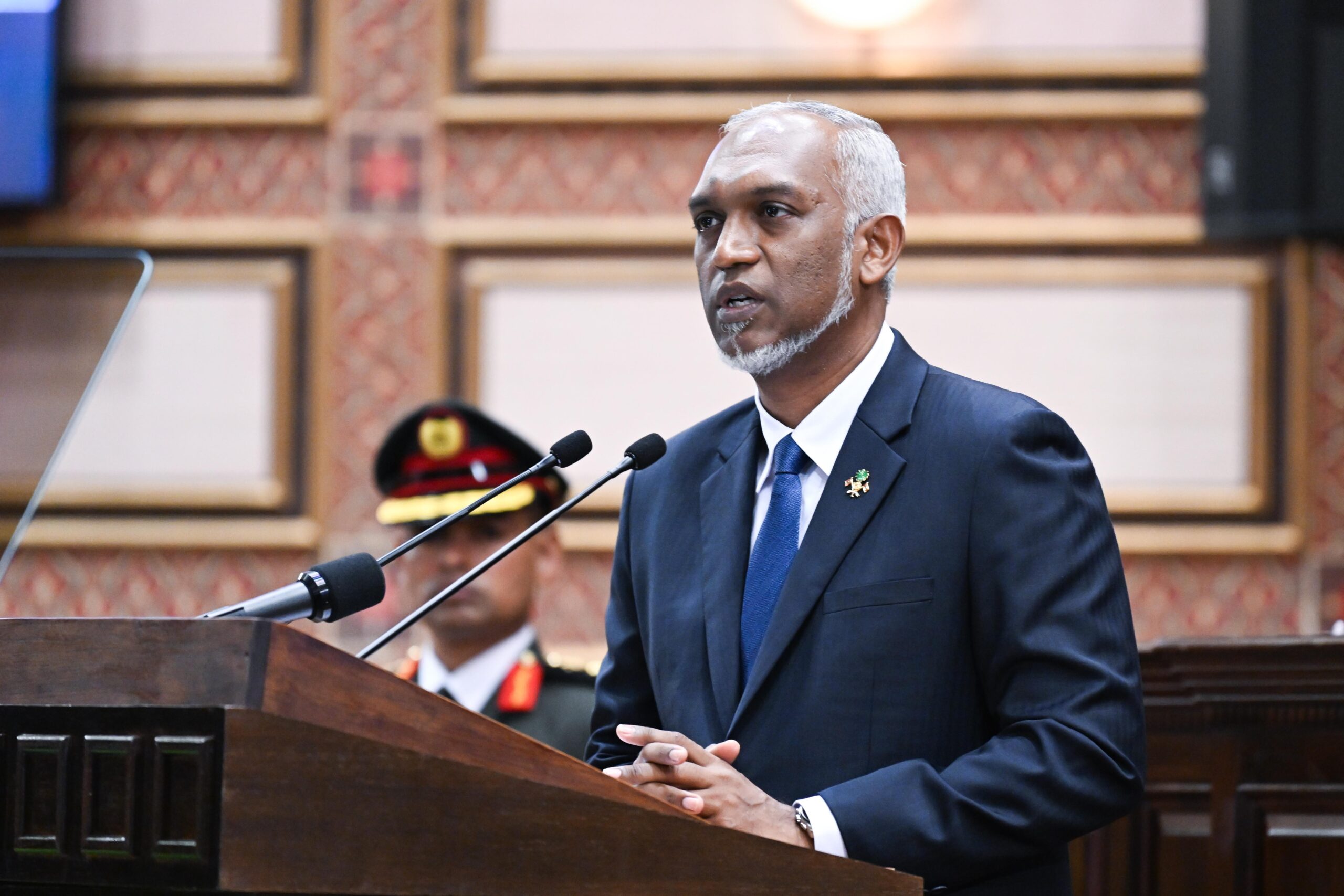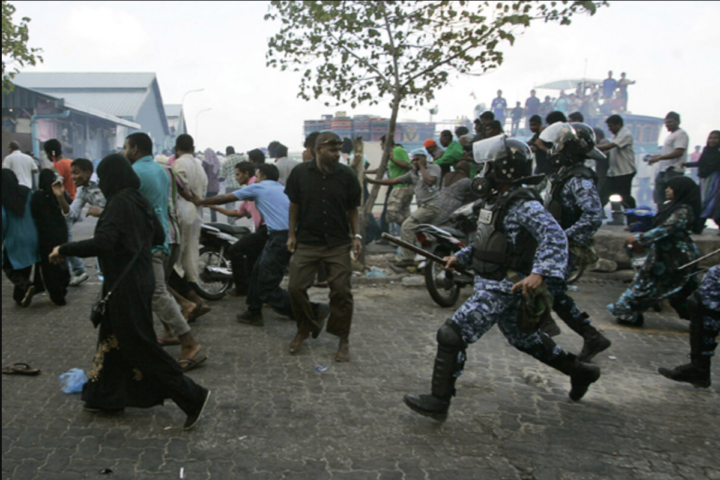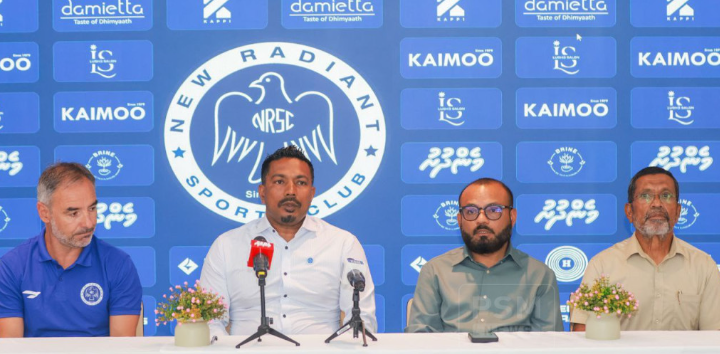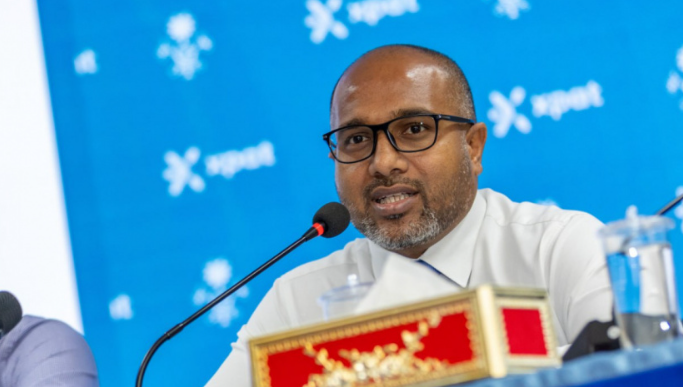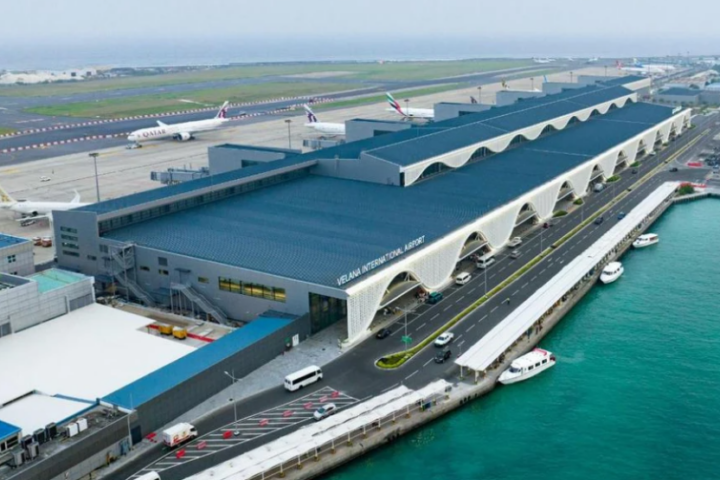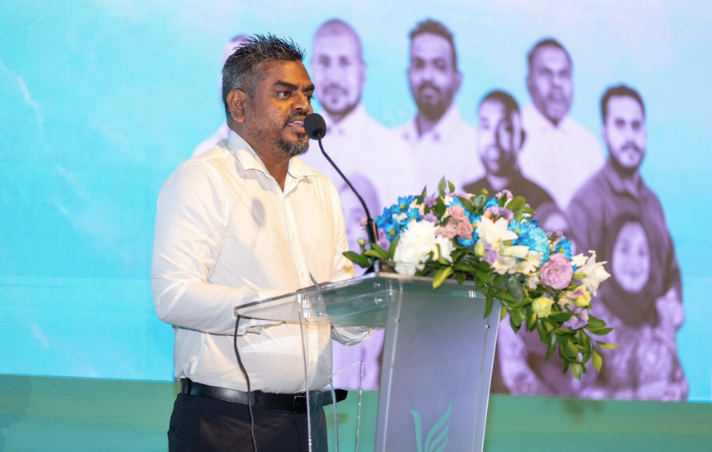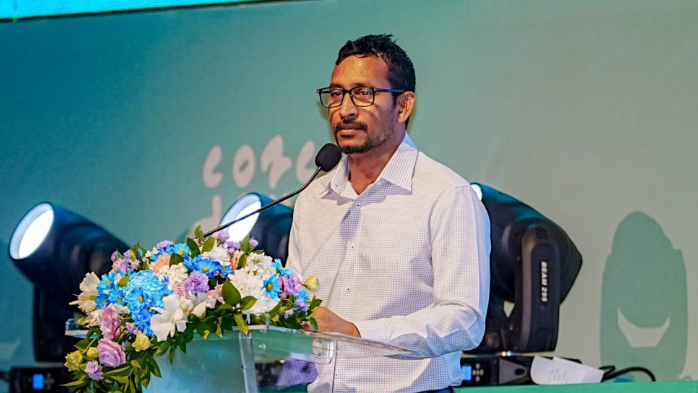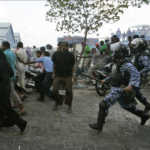In a pivotal address opening the Majlis, President Dr. Mohammed Muizzu announced that his government would pay special attention to nationalism. He reiterated the changes introduced to the education system, emphasizing the integration of nationalism into the academic fabric. President Muizzu declared, ‘Maldivian Nationalism will be included as a separate subject in the national curriculum in the new academic year.’
This move aims to cultivate a profound understanding of the nation’s cultural heritage within the educational framework, sparking both anticipation and thoughtful reflection on the potential consequences and benefits of such a shift.
Nationalism in the Classroom: A Paradigm Shift
President Muizzu, unveiling his ‘Pro Maldives’ principles, stated that education is the cornerstone of national identity, signaling a strategic move towards emphasizing cultural roots in the academic program. The integration of Maldivian Nationalism as a separate subject reflects an intention to shape students into guardians of the nation’s identity. ‘If we initiate our children’s upbringing on a foundation disconnected from our national identity, they may drift away from our cultural roots,’ said the president.
Symbolism or Substance: The National Anthem’s Return
Following government instruction, schools have initiated the reinstatement of the national anthem at assemblies, hailed as a symbolic gesture promoting unity and pride. President Muizzu contends that instilling patriotism from a young age is crucial, laying the foundation for a future generation deeply rooted in Maldivian values. ‘Much work needs to be done to build a patriotic generation,’ emphasized President Muizzu.
Beyond Classrooms: The Dhivehi National Heritage Research Centre
President Muizzu’s vision extends beyond textbooks, with a commitment to preventing the erosion of Maldivian nationalism. The establishment of the Dhivehi National Heritage Research Centre, focusing on rigorous research to define and align Maldivian identity, raises questions about potential influences that might shape the narrative of national identity.
Participation and Concerns: A Delicate Balance
The President’s call for collective participation underscores the urgency and significance of this national endeavor. Muizzu passionately declared, ‘Maldivian Nationalism will be included as a separate subject in the national curriculum in the new academic year. Reinstating the custom of starting school assemblies with the national anthem has begun in 2024. Much work needs to be done to build a patriotic generation. It is essential for all of us to participate in this important national work,’ stated the President in his address.
The critical perspective questions whether an overemphasis on nationalism might inadvertently stifle diversity of thought and perspective, signaling the need for a nuanced approach in navigating this educational shift.
